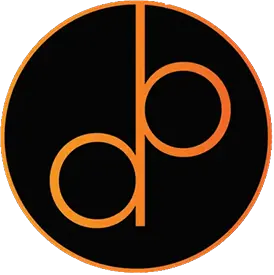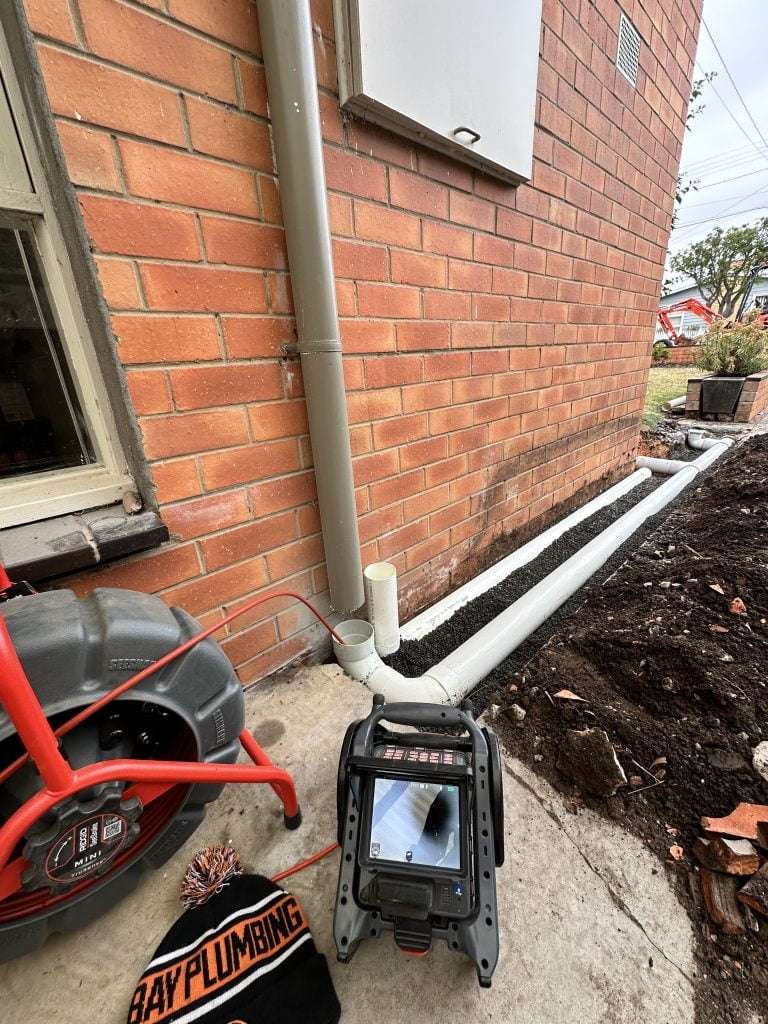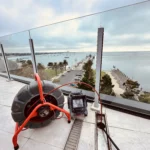This article aims to provide insights into the common causes of blocked drains in homes and share vital tips for preventing them. In addition, we will explore the potential signs of a blocked drain and discuss DIY solutions for tackling minor blockages. However, it’s essential to recognize when a blocked drain requires the expertise of professional plumbers, such as those at Bay Plumbing and Drainage
Join us as we delve into the world of blocked drains, taking you through essential tips on preventing this persistent issue and understanding when it’s time to call in the professionals. We’ll cover various aspects of managing blocked drains, leaving you better equipped to tackle these issues confidently and maintain a smoothly functioning plumbing system in your Geelong, Surf Coast, or Bellarine home.
Common Causes of Blocked Drains in Homes
To effectively prevent and manage blocked drains, homeowners need to be aware of the typical causes behind these blockages. Here, we discuss some of the most frequently encountered culprits:
Grease and Fat Buildup
One of the leading causes of blocked drains in kitchens is grease and fat buildup. When substances such as cooking oil, butter, and food scraps are washed down the sink, they can accumulate on the drain’s walls, resulting in blockages over time.
Foreign Objects
Blocked drains can also occur due to accidentally flushed foreign objects, such as sanitary items, wet wipes, children’s toys, or other debris. These items can obstruct the water flow and create a barrier in the pipes.
Tree Roots
Tree roots are notorious for infiltrating underground pipes in search of water and nutrients. As roots grow and expand, they can crack, damage, or block pipes, leading to severe blockages and potential plumbing issues.
Damaged Pipes
Pipes can become damaged due to several factors, such as ground movement, corrosion, or root intrusion. Damaged pipes may collapse or restrict water flow, contributing to blocked drains.
Preventing Blocked Drains: Tips and Measures
Prevention is always better than cure, and understanding how to avoid blocked drains is fundamental for maintaining a smoothly functioning plumbing system. Here are some essential preventative tips:
Proper Waste Disposal
To keep grease and food scraps from accumulating in your drains, make a habit of disposing of solid waste in a bin rather than washing it down the sink. Avoid pouring liquid fats and oils down the drain, as they may solidify and cause blockages.
Invest in Drain Screens
Using drain screens in your sinks, showers, and baths helps to catch debris such as hair, soap scum, and food particles, preventing them from entering and clogging the drain.
Proper Disposal of Foreign Objects
Educate your family members on the importance of not flushing foreign objects such as sanitary items, wet wipes, and paper towels down the toilet to avoid clogging up the pipes.
Regular Drain Maintenance
Perform routine drain maintenance, such as pouring boiling water down the sink or using vinegar and baking soda concoctions to break down fat and grease buildup; this helps prevent blockages.
Identifying and Managing Blocked Drains at Home
Signs of Blocked Drains
Pay attention to warning signs that may indicate blocked drains, such as slow-draining sinks, gurgling sounds from drains, unpleasant odours, or water backing up in sinks, tubs, or showers.
DIY Solutions
For minor blockages, try simple DIY solutions like using a plunger to create pressure and dislodge the obstruction, or pouring a mixture of hot water, baking soda, and vinegar down the drain to break down buildup.
When to Call in Professional Plumbers
While DIY solutions can be effective for minor blockages, certain scenarios call for the expertise of professional plumbers, including:
- Recurring blockages, indicating a more severe underlying issue.
- Drain blockages that are not resolved by DIY methods.
- Persistent foul odours, even after attempting DIY solutions.
- Obvious signs of damage to pipes, such as leaks or cracks.
Professionals utilise advanced tools and techniques to address drain blockages, ensuring a thorough and reliable solution for homeowners.
Advanced Tools and Techniques
Some of the tools and techniques used by professional plumbers to tackle blocked drains include:
- Plumbing augers: These flexible cables can be inserted into pipes to break through blockages.
- High-pressure jetting: A powerful stream of water is used to blast through stubborn obstructions in pipes.
- CCTV drain inspections: Tiny cameras are inserted into pipes to inspect and determine the exact cause of a blockage and assist in identifying the most appropriate solution.
Conclusion
Blocked drains can be a significant inconvenience for homeowners in Geelong, Surf Coast, and Bellarine; however, understanding the causes, prevention measures, and identifying when to call in professional plumbing assistance can help keep your plumbing system functioning smoothly. By staying vigilant and adopting good practices regarding waste disposal and drain maintenance, you can minimize the risk of drain blockages and avoid the complications they bring.
Bay Plumbing and Drainage is dedicated to providing exceptional plumbing services, including blocked drain solutions, to residential, commercial, and domestic clients in Geelong, Surf Coast, and Bellarine. Our team of experienced professionals is equipped with the knowledge, tools, and techniques to diagnose and resolve issues efficiently, ensuring your property’s plumbing system remains in optimal working order. When you need expert plumbing assistance, trust Bay Plumbing and Drainage’s domestic plumbers in Geelong to deliver the best possible outcome. Contact us today for a consultation, and let us address your plumbing concerns with our professional expertise.









